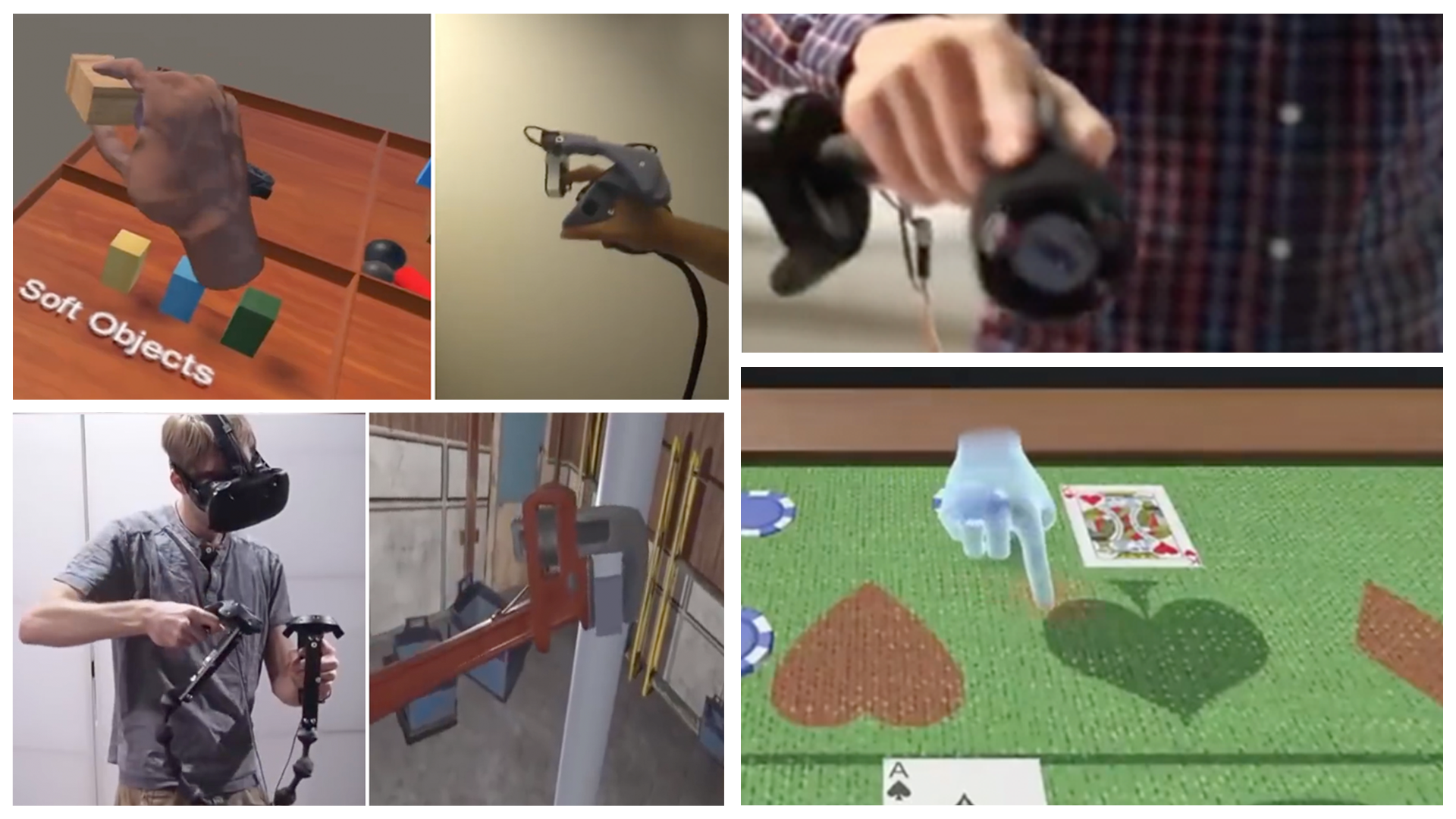Posted by
What makes you happy? Mary Czerwinski (opens in new tab) is performing some research on that very topic.
Spotlight: Microsoft research newsletter
Czerwinski, a principal researcher at Microsoft Research Redmond (opens in new tab) and manager of the Visualization and Interaction for Business and Entertainment Research Group (opens in new tab), is participating on the committee for The H(app)athon Project (opens in new tab), a big-data effort to use happiness indicators to harness the power of emerging technologies to help the world measure happiness.
Such indicators already are being used in Bhutan and the United Kingdom to measure the well-being of citizens. The project aims to connect the tools people use to measure themselves with metrics used to measure humanity, beginning March 20 in New York, London, and Tokyo with awareness events featuring presentations about the synergies between well-being, emerging technology, and happiness indicators.
The goal: a global initiative to crowdsource the definition of well-being in the digital age and to build a tool that reflects a more holistic portrait of value than the gross domestic product, namely, what the organizers are calling Gross National Happiness.
“The idea is to use something other than gross domestic product to evaluate the state of a nation,” Czerwinski explains. “Our idea is to use emotional well-being as the more interesting measure of how a country’s policies and practices are influencing their people.”
As it turns out, the H(app)athon effort dovetails nicely with Czerwinski’s latest research interest.
“One of our new research tracks is focused on emotion tracking for health and well-being,” she says. “Because of this, I’ve been interested in how we can turn negative affect, including stress and depression, into more positive affective states. When I heard about the H(app)athon advisory board, I knew it would be filled with folks who had a similar mission. I was right—it’s an amazing group of people.”
Czerwinski’s introduction to the H(app)athon event came during a conference she attended. One of the organizers of that event heard her speak about emotion tracking for health and well-being and put her together with John Havens, founder of the project and author of the forthcoming book H(app)y—The Value of Well-Being in a Digital Economy.
“It’s time to hack happiness,” Havens says. “The science of well-being is flourishing, and happiness can be quantified in ways never before imagined because of the rapid evolution of emerging technologies and the popularity of people measuring and optimizing their own life experiences.”
The movement includes three components:
- The H(app)athon Project Committee: a set of 29 experts, including Czerwinski, that will determine parameters for a two-month research experiment to collect data focused on Gross National Happiness.
- An experiment in which volunteers from around the world will use mobile apps to track Gross National Happiness data and measure it using movements such as Quantified Self (opens in new tab) and the Internet of Things.
- A conference, to be held in New York in March 2014, to feature project results from H(app)athons planned for around the world.
Tool kits available at the H(app)athon website (opens in new tab) enable and encourage anybody to host an event and to imagine a future in which well-being reflective of people’s genuine happiness dictates a new future of global value.
“I am hoping that this committee is able to collect data on emotional health throughout the world,” Czerwinski says, “and that the data can be used to come up with interesting visualizations and metrics that can be studied and ‘hacked’ for novel applications. Leaders around the world can see how their nations’ people are doing relative to each other—and, potentially, why.
“We should also get an idea of what drives meaning in people’s lives throughout the world—global emotional values, if you will. I think this should lead us to tell stories about what’s going on, develop hypotheses for what might be driving happiness, and develop ideas and policies that could potentially increase world happiness.”

athon%20logo%20259.png)
